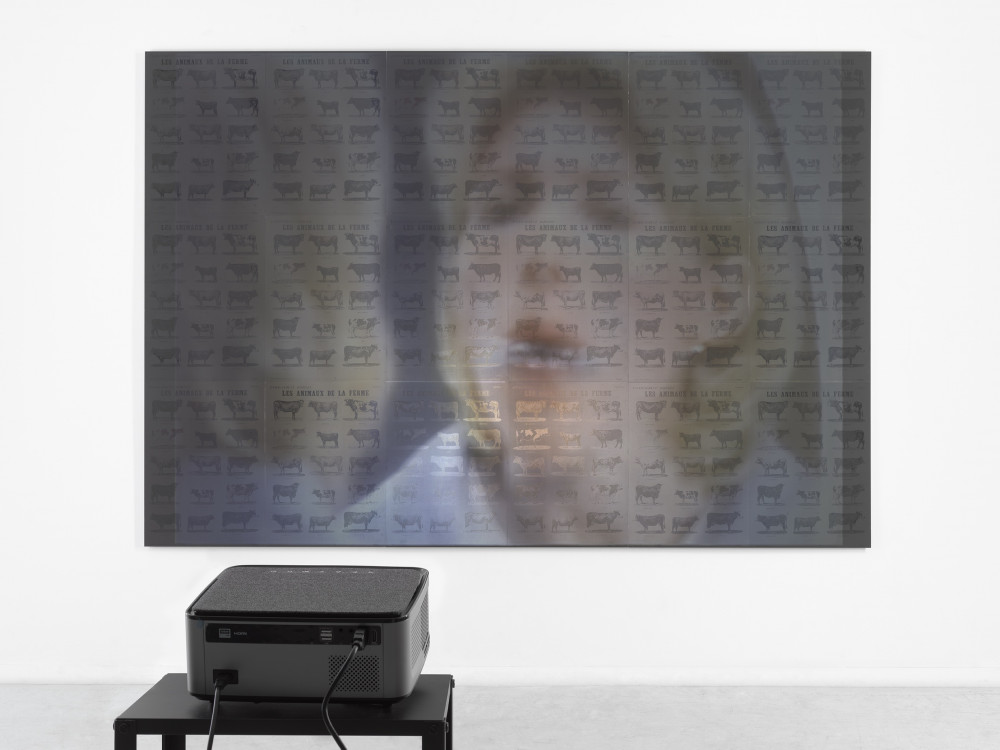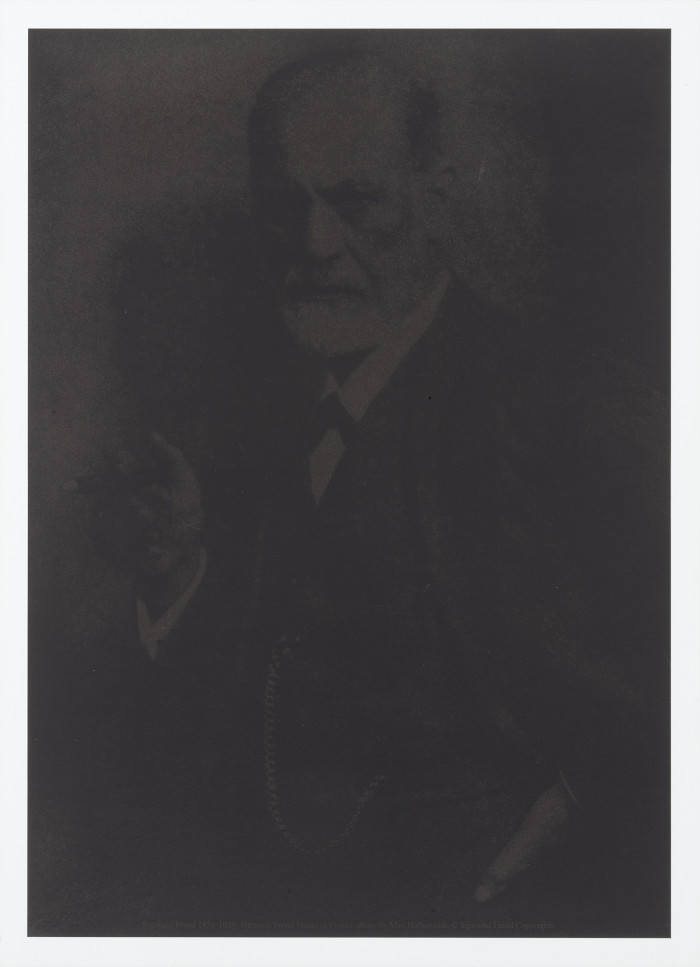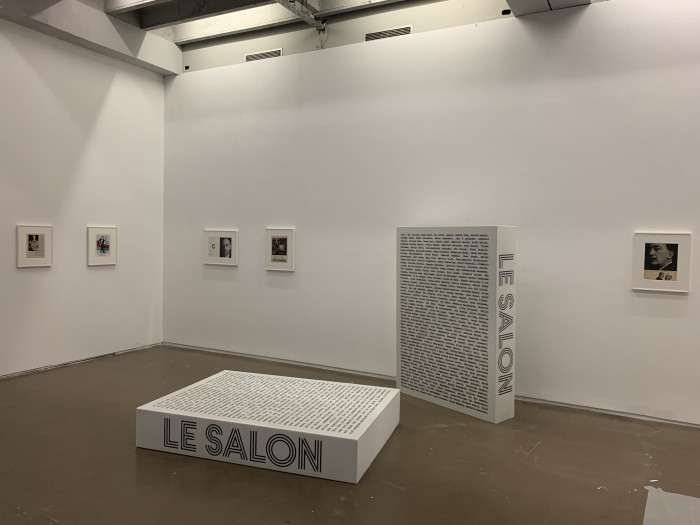Black Screen, BLACKOUT Broodthaers in De Morgen
The year 2000 marked a significant shift in Willem Oorebeek’s practice that has resulted in the practice of the so-called BLACKOUT, a gesture of affection, interest or empathy that manifests itself by overprinting a piece of printed matter with a layer of black ink.
Overprinting with a layer of black printing ink deprives the source material of its primary visibility and its original communicative intent. The appropriated images and texts thus acquire a new autonomy that no longer refers directly to their source. All blackout images result in monochrome Malevich-like surfaces, in which the original motif or text shines through enigmatically, depending on the light reflection, the viewer's position, and the underlying colours… The experience of the BLACKOUTs thus emphasises the importance of the context and the active role of the viewer in the perception of the work. Furthermore, it is a critical enquiry into the omnipresent regime of visibility.
Here, the Black Screen is made of a free extra edition of the Belgian newspaper De Morgen, multiple copies of which cover a large surface with the well-known image of cows with car brands from Les animaux de la ferme (1974) by Marcel Broodthaers. The video is an advertisement from a now-defunct Metro supermarket in the De Brouckère subway station which shows a woman in front of a mirror practising a mouth muscle exercise device.


